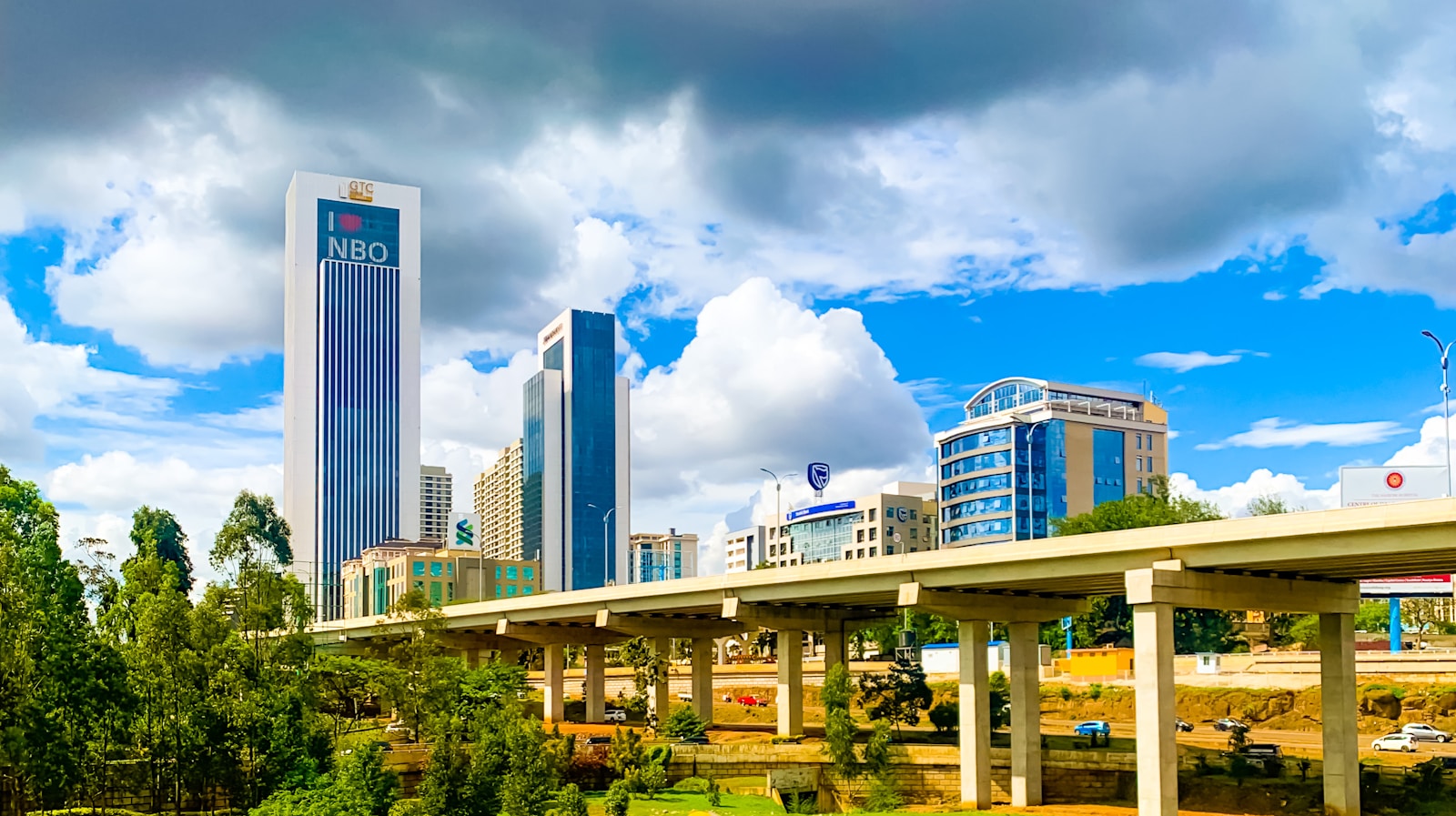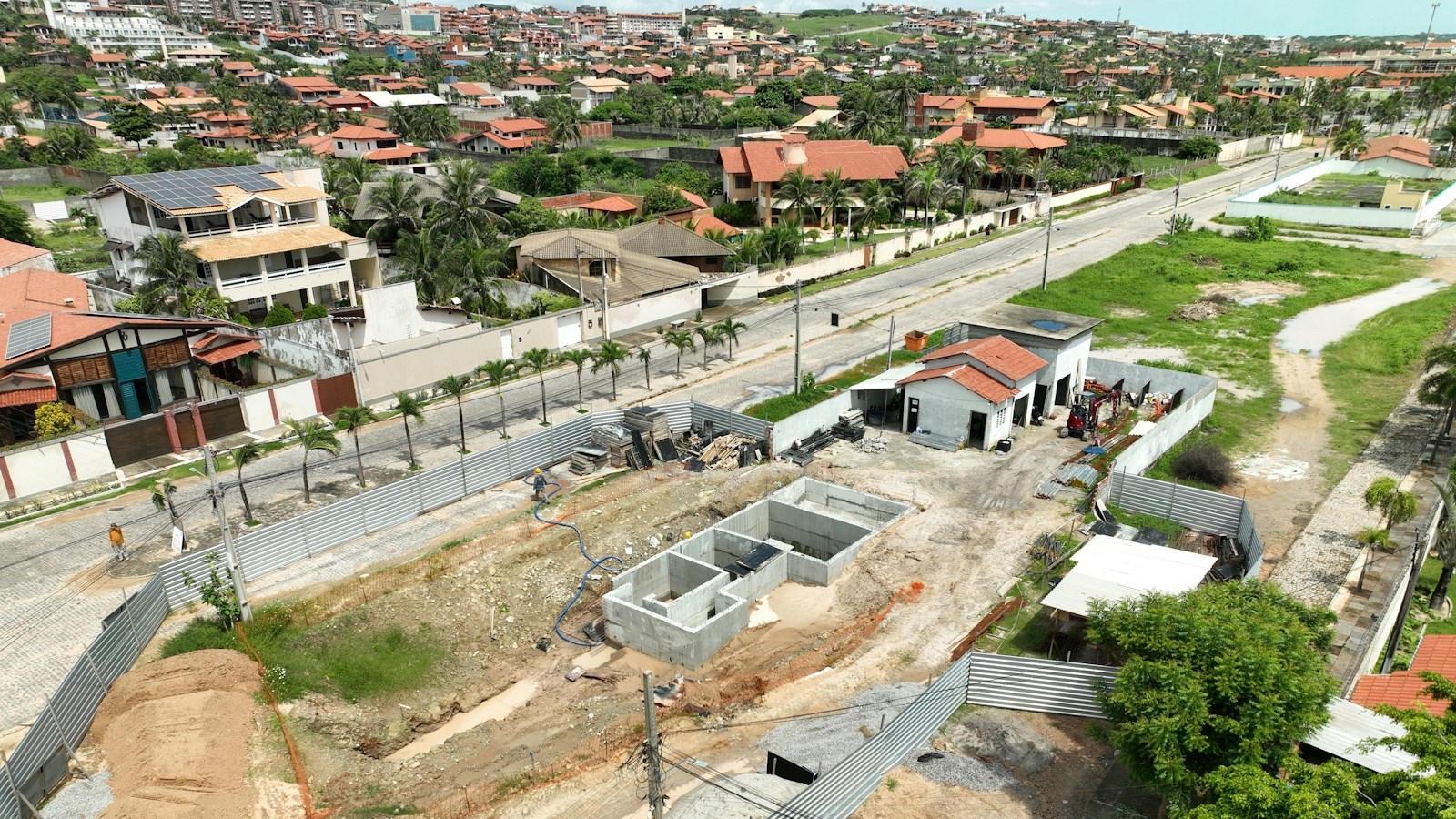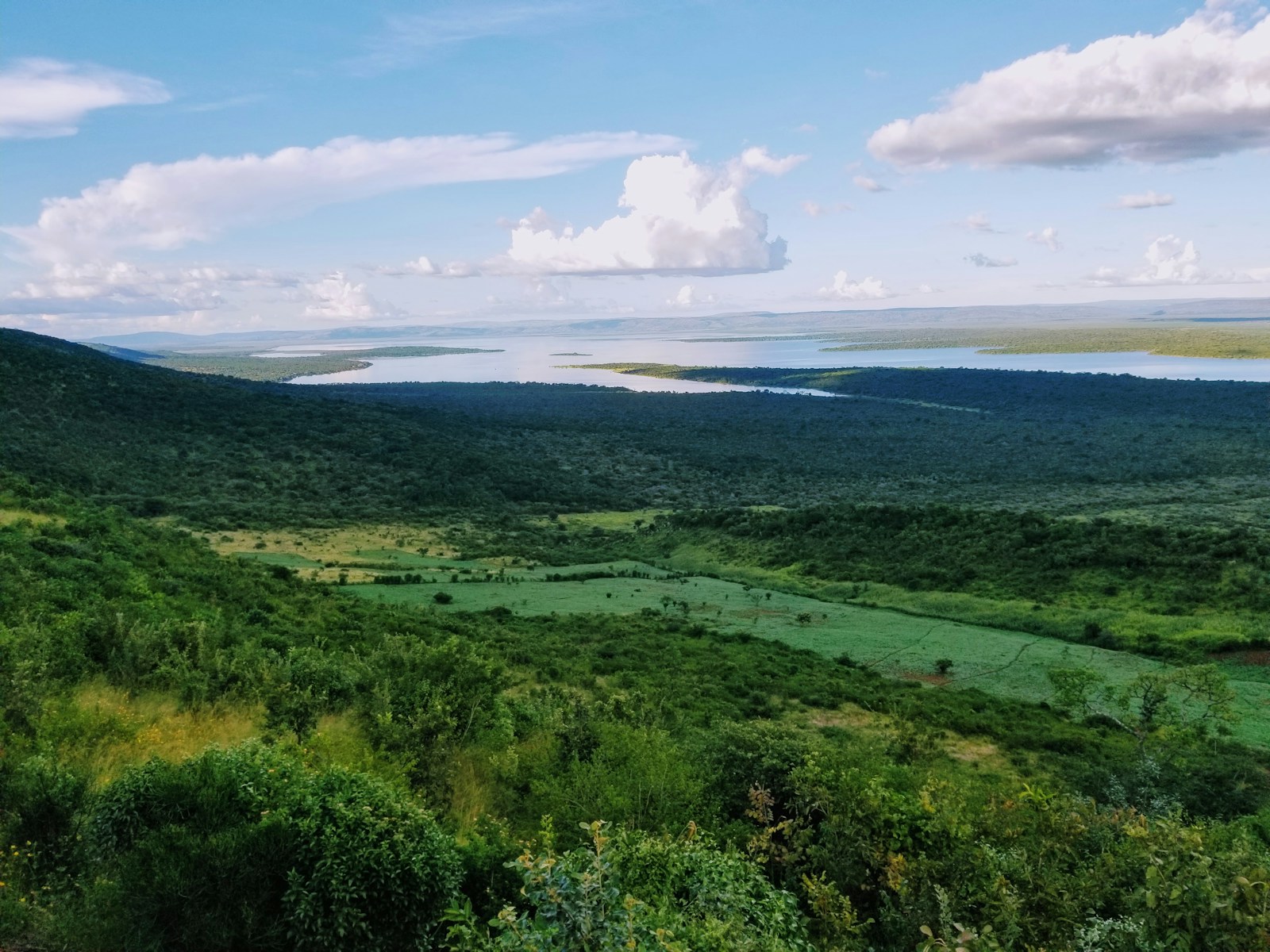- Land Tenure Categories in Kenya
- Foreign Ownership Restrictions Under Land Tenure in Kenya
- Conclusions
Land Tenure Categories in Kenya
Land tenure in Kenya is governed by the Constitution of Kenya (2010), which classifies all land as public, community, or private—each with distinct legal rights and obligations. The main categories of land ownership are defined as follows:
- Public Land: Land owned by the government for public use or environmental protection. This includes things like government facilities, state forests, national parks, roads, and other resources held by the state on behalf of the people. Public land is administered by the National Land Commission and cannot be sold or used except as authorized by law.
- Community Land: Land held by specific communities on the basis of ethnicity, culture, or similar community interest. This is often land held under customary tenure – for example, ancestral lands, pastoral grazing areas, or land registered to groups (such as group ranches). Community land is meant for the common benefit of the community members and is protected by law (see Article 63 of the Constitution). Unregistered community land is held in trust by county governments on behalf of local communities.
- Private Land: Land owned by an individual person or a legal entity (such as a company). Private land is what most people think of in terms of personal property – for instance, a plot with a home, a farm owned by a person, or land owned by a company. All private land must be registered under an individual’s or entity’s name, and titles are issued by the Ministry of Lands. Private land can be acquired through purchase, inheritance, etc., and is held under two main tenure systems: freehold or leasehold.
Freehold vs. Leasehold in Land Tenure in Kenya
When we talk about private land in Kenya, it can be held under freehold or leasehold tenure. These terms describe how long and under what conditions an owner holds the land:
- Freehold Tenure: This is the strongest form of land ownership. A freehold title gives the holder absolute ownership of the land for life (in perpetuity). In simple terms, freehold means you own the land outright with no time limit – you can use it for any lawful purpose, and even pass it to your heirs indefinitely. There are generally no restrictions on use for freehold land (aside from zoning or environmental laws), though a few titles may have conditions (for example, some old titles restrict use to agricultural purposes only). Because it’s permanent ownership, freehold land does not require any ground rent payments to the government. However, freehold land in Kenya is largely available only in certain areas (mainly rural); most urban land is not freehold. Importantly, only Kenyan citizens can hold freehold titles – non-citizens are not allowed to own land on a freehold basis (more on that in the Foreign Ownership section).
- Leasehold Tenure: Leasehold land is owned for a specific period of time under a lease agreement. In Kenya, leasehold terms are typically 99 years, though in the past some were 999 years (current law now caps leases at 99 years). With a leasehold, you essentially lease the land from the government (or another owner) for the set term. You pay annual rent (ground rent) to the national government and annual rates (property tax) to the county government for the land. The lease document will also specify what the land can be used for – for example, it may restrict the land’s use to residential, commercial, or agricultural purposes as appropriate. When a lease period expires, ownership of the land reverts back to the state (or the original owner) unless the lease is renewed. Leaseholders in Kenya have the right to apply for renewal or extension of the lease, and in practice leases can often be renewed (subject to conditions and approval). One key point for investors: most land in cities (for building homes, offices, etc.) is leasehold, so you usually get a long-term lease from the government or county. Both Kenyan citizens and foreigners can hold leasehold land, but for foreigners the law limits the lease term (as explained below).
In summary, freehold gives perpetual ownership with more autonomy (no renewals needed), whereas leasehold gives a long-term but time-limited ownership that eventually requires renewal. Both tenure types in Kenya come with legal title documents (freehold titles are often called “Title Deeds”, while leasehold titles are “Certificates of Lease”) – and both are recognized as property that you can buy, sell, or use as security for loans. The choice often depends on location (urban lands are usually leasehold) and eligibility (foreigners are only eligible for leasehold).

Foreign Ownership Restrictions Under Land Tenure in Kenya
If you are a foreigner (non-Kenyan citizen) interested in Kenyan land, there are special restrictions to know. Kenya’s laws allow non-citizens to own land, but only under certain conditions. The goal of these rules is to ensure Kenyan citizens retain ultimate ownership of land while still permitting investment. Below are the key legal restrictions on foreign ownership:
- Leasehold Tenure Only: A non-citizen cannot own land on a freehold basis in Kenya. The Constitution (Article 65) explicitly limits foreigners to leasehold tenure only, for a maximum of 99 years. In other words, as a foreign investor you may lease land (or purchase property that is on leasehold land) for up to 99 years, but you cannot hold a freehold title. If a foreigner somehow acquires a freehold interest (for example, through inheritance or if a citizen sells freehold land to a foreigner), the law automatically converts that interest into a 99-year lease term. Legal reference: Article 65(1) of the Constitution of Kenya states non-citizens may hold land “only on the basis of leasehold tenure” and not exceeding ninety-nine years.
- No Ownership of Agricultural Land: Foreigners are barred from owning agricultural land in Kenya by statute. The Land Control Act (Cap 302) provides that non-citizens (or companies not wholly owned by Kenyan citizens) cannot buy or hold agricultural land in areas designated as “land control” areas (essentially most rural, farm areas). Any sale, transfer, or long-term lease of agricultural land to a foreigner is considered void unless special permission is granted. This rule is aimed at protecting Kenya’s agricultural resources. Exception: The President of Kenya has authority to grant exemptions in special cases. In practice, this means unless you have an exemption, as a foreigner you are restricted to land within towns or urban centers (where land is not classified as agricultural). Agricultural land can still be leased short-term for farming in some cases (e.g. under certain investments or through short renewable leases), but outright ownership is off-limits without an exemption. Legal reference: Section 9 of the Land Control Act, as amended, bars any dealing in agricultural land with non-citizens and allows only a Presidential exemption as a workaround.
- No Ownership via Trusts or Partial Ownership: Kenya’s laws have closed loopholes that might allow foreigners to bypass the above rules. For instance, a foreigner cannot hold land through a trust arrangement as a way to get a freehold. The law says if land is held in trust, it is only considered Kenyan-held if all the trust’s beneficiaries are Kenyan citizens. Similarly, a company is considered “Kenyan” (a citizen) for land ownership purposes only if 100% of its shares are owned by Kenyan citizens. So setting up a company with even one foreign shareholder still counts as a “foreign” company – meaning it cannot own freehold or agricultural land either. In short, you can’t dodge the rules by hiding behind a Kenyan front; the law is clear that any foreign interest triggers the restrictions.
Friendly note: These restrictions might sound strict, but Kenya still welcomes foreign investors. In fact, foreigners can and do own property in Kenya – just within the leasehold framework. For typical residential or commercial investments (like buying a house, a piece of land for a home, or a commercial building in Nairobi), being limited to a leasehold title is standard and not a hindrance. The 99-year lease period is long enough that it’s almost equivalent to ownership for practical purposes (and you can usually renew it). The main area of caution is farmland or large rural estates – those are generally off-limits to non-citizens directly.
Navigating the Restrictions as a Foreign Investor
Despite the rules above, there are ways for foreign investors to participate in Kenya’s land and real estate market effectively. Here are some mitigation strategies and options to consider if you’re a foreigner interested in owning or using land in Kenya:
- Use Leasehold to Your Advantage: Embrace the leasehold system. As a foreigner, your path to property ownership is to acquire leasehold titles (up to 99 years). This still gives you long-term control of the land or property. For example, you can buy a house or commercial property that sits on leasehold land – you will simply take over the remaining lease term (or get a new 99-year lease issued). You have the right to renew the lease upon expiry by applying to the National Land Commission, and while renewal isn’t automatic, the government generally renews leases for land that has been properly utilized and isn’t needed for public use. To be safe, plan to initiate the renewal process well before the lease lapses. Many investors treat leasehold property much like freehold during the term, since 99 years is a long horizon.
- Invest in Urban and Special Zones: Focus on urban properties, commercial land, or Special Economic Zones where the restrictions are minimal. Land in cities and towns is usually not classified as agricultural, so foreigners can freely buy leasehold urban plots, condos, office spaces, etc., for residential or business use. Additionally, Kenya has Special Economic Zones (SEZs) and industrial parks to attract investment. In these zones, foreign investors can obtain long leases (often 99 years) for industrial or commercial projects, and there may be less red tape for large-scale land leases. SEZs also come with incentives like tax breaks and infrastructure support. If you are looking to invest in manufacturing, tourism facilities, or large real estate developments, these designated zones are a foreigner-friendly route.
- Lease Agricultural Land via Agreements: While buying farmland outright is restricted, you can lease agricultural land on a short to medium term basis for farming or ranching by working within legal frameworks. For instance, a foreign investor could partner with a Kenyan landowner or community to lease land for agriculture. Another route is to go through the Kenya Investment Authority for projects that may secure special approval. Always ensure such arrangements have the required consents (such as Land Control Board consent for leases in agricultural areas) – these consents may be difficult to get, but not impossible if the project is beneficial and an exemption is obtained. Essentially, direct ownership of a farm is not allowed, but joint ventures or crop-share leases with Kenyan owners can enable you to engage in agriculture without owning the land. It’s advisable to get legal counsel and government guidance for any agricultural venture.
- Indirect Ownership (Public Company Shares): One creative workaround to hold interest in land is through public companies. The law prohibiting foreign ownership of agricultural land does not apply to land owned by a publicly listed company. This means a foreigner could invest in or buy shares of a public company that owns large tracts of land (for example, an agricultural or development company). By being a shareholder, you indirectly share in the ownership of that land. This method has been used to get around the restriction for agricultural land – the foreigner isn’t buying the land directly, but rather a part of a company that owns the land. Keep in mind, this works only with public companies (which have many shareholders and are traded openly); a private company would be considered “foreign” if you’re a shareholder. So, while this is an option, it’s more of a specialized investment strategy (and you should conduct due diligence on the company’s governance and assets).
- Seek Exemptions for Special Cases: In exceptional circumstances, a foreign investor can seek special permission to bypass certain restrictions. The President of Kenya has the power to exempt a non-citizen from the ban on owning agricultural land. Similarly, there is a provision for foreigners to apply for exemptions to hold freehold land (this is rare and discretionary). These exemptions are not guaranteed – they are considered on a case-by-case basis, typically when the investment is of strategic national importance. If approved, such exemptions are published in the Kenya Gazette (official government publication). For example, a major foreign investor in a food security project might be granted leave to acquire agricultural land for that project. As a foreign investor, you shouldn’t count on getting an exemption, but it’s good to know the avenue exists. Working closely with Kenyan authorities and presenting a strong case (how your project benefits the country) would be essential.
- Consider Citizenship or Local Partnerships: This is a long-term approach, but some foreign investors eventually become Kenyan citizens (or marry a Kenyan citizen) which then lifts the restrictions. Kenyan citizenship can be acquired by registration after a legal residency of at least 7 years or through marriage (after a period of marriage to a Kenyan). Once you are a citizen, you have the same land rights as any Kenyan – meaning you could own freehold land and agricultural land without the 99-year limitation. Of course, this is not an immediate or easy solution, but it’s a factor to consider if Kenya becomes your long-term home. Alternatively, local partnerships where the land is held by a Kenyan citizen or entity while the foreigner invests in the development can be a solution (for example, the land is owned by a Kenyan partner or a trust for a Kenyan beneficiary, and the foreigner has a separate contract to use or develop the land). Any such arrangement must be structured carefully to remain within the law. It’s crucial to get legal advice and ensure trust between parties in these cases, since the title would not be in the foreigner’s name.
Conclusions
Kenya’s land tenure system is well-defined and offers security of property rights, but foreign investors need to work within the set framework. Non-citizens can absolutely invest in Kenyan land – particularly in urban real estate, commercial projects, and leasehold properties – and enjoy the benefits that come with it, from rental income to capital appreciation. By understanding the tenure types and respecting the legal restrictions (using the mitigation strategies where needed), you can safely navigate land ownership in Kenya. Always conduct due diligence and consult with real estate professionals or legal experts when making a land investment. With the right approach, Kenya remains an attractive destination for property investment, offering opportunities in sectors ranging from housing and tourism to agriculture (through leases) and industrial development.
Understanding the nuances of land tenure in Kenya is crucial for both local and foreign investors looking to make informed and legally sound real estate decisions.






Join The Discussion